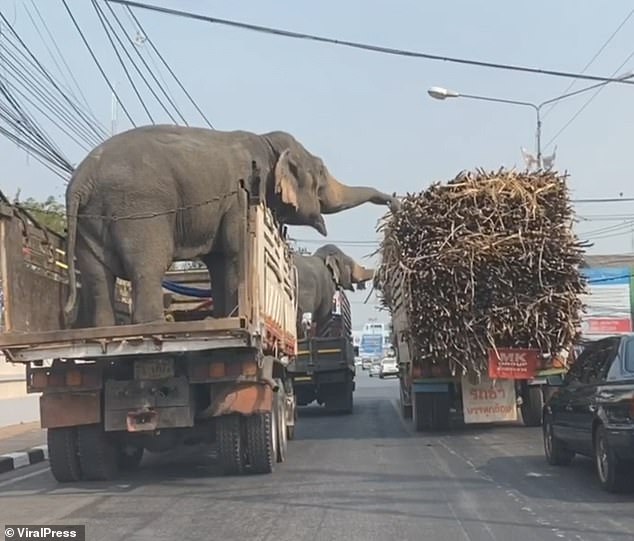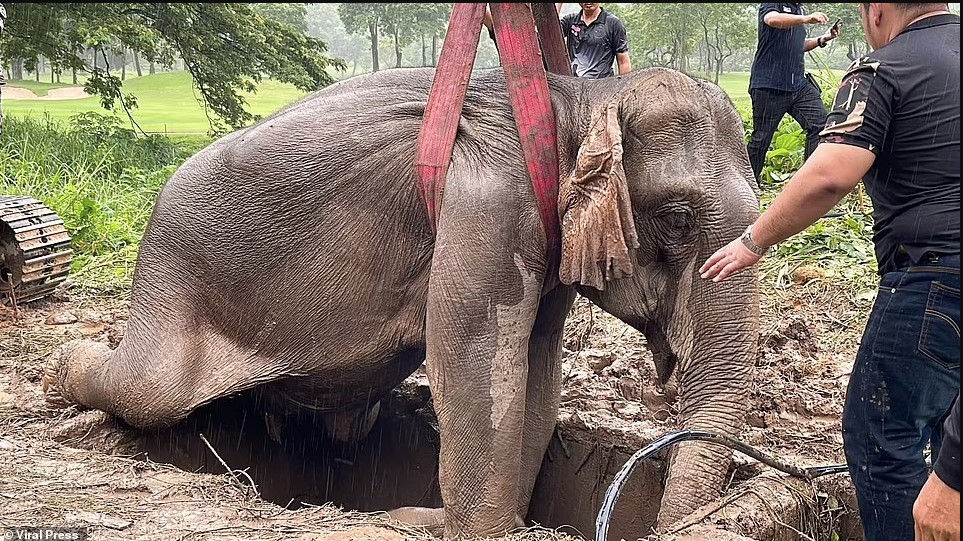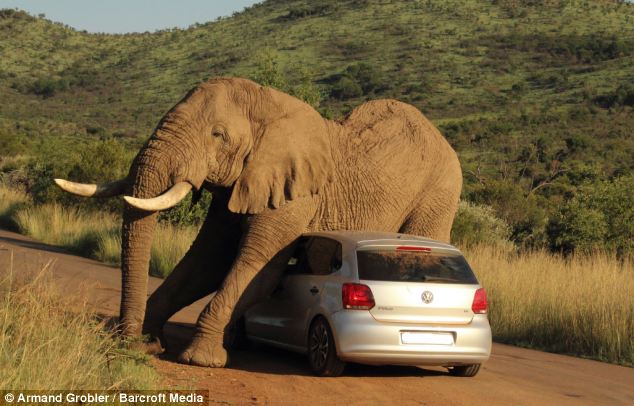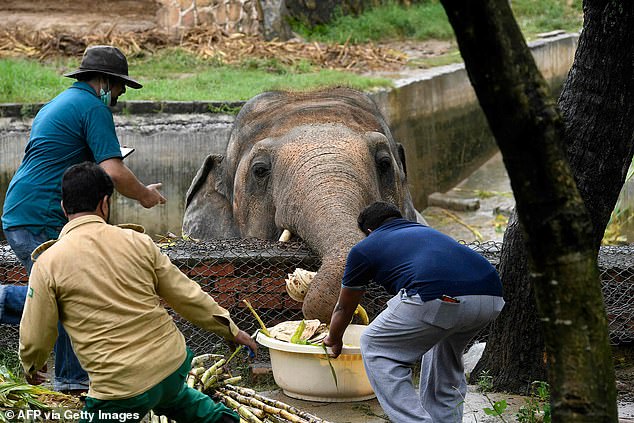If you’re an adventurous foodie with a taste for the exotic, you might have heard about a recent viral news story involving a crocodile, three live turtles, and a recipe for cooking them all. While some might find this story unsettling, others might be intrigued by the idea of trying such a unique dish. In this article, we’ll delve deeper into the story, examine the cultural context of crocodile meat, and discuss the potential risks and benefits of consuming exotic animals.

The Story of Three Turtles in a Crocodile’s Stomach
According to the story, a group of hunters in a remote forest caught a large crocodile and found three live turtles inside its stomach. They were apparently thrilled by this discovery and decided to cook the crocodile and share the recipe with others. While the veracity of this story is yet to be confirmed, the practice of hunting and eating crocodiles is not uncommon in certain parts of the world.
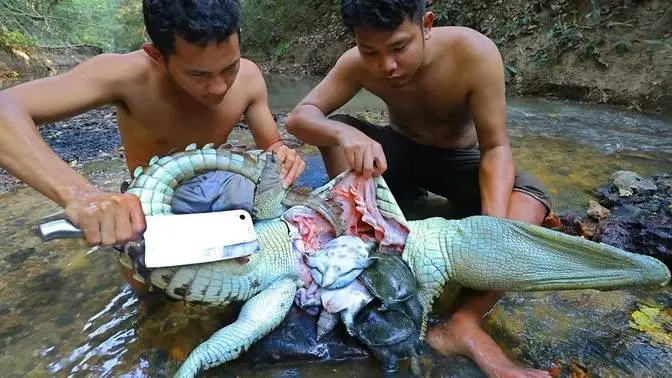
The Culture of Crocodile Meat
The consumption of crocodile meat has a long history in many parts of the world, including Africa, Asia, and Australia. In some cultures, it is believed to have medicinal properties and is used to treat various ailments. In others, it is seen as a delicacy for special occasions or a status symbol. Crocodile hunting and eating may also be linked to cultural practices such as initiation rites or spiritual beliefs.

However, the harvesting of crocodiles for food has raised concerns over conservation and animal welfare. Many species of crocodiles are endangered or threatened due to habitat loss, pollution, and overhunting. The harvesting of crocodiles for their meat can contribute to their decline and may violate laws that protect them.
The Risks and Benefits of Exotic Animal Consumption
The consumption of exotic animals, including crocodiles, can have both positive and negative impacts. On one hand, exotic animals can offer unique culinary and nutritional experiences that are not found in mainstream cuisine. Exotic meats can be high in protein, low in fat, and rich in vitamins and minerals. However, exotic animals may also carry diseases or toxins that can be harmful to humans. Some exotic meats have been linked to outbreaks of zoonotic diseases such as SARS, Ebola, and COVID-19.

In addition, the consumption of exotic animals can have negative environmental and ethical consequences. Hunting or trading in endangered species can contribute to their extinction or endangerment. The removal of wild animals from their habitats can disrupt ecosystems and cause biodiversity loss.
Conclusion
While the consumption of exotic animals like crocodiles may offer unique culinary experiences, it is important to consider the potential risks and consequences. The harvesting of crocodiles for food can contribute to their decline and may violate laws that protect them. Additionally, exotic animals can carry diseases or toxins that can be harmful to humans.
VIDEO:
